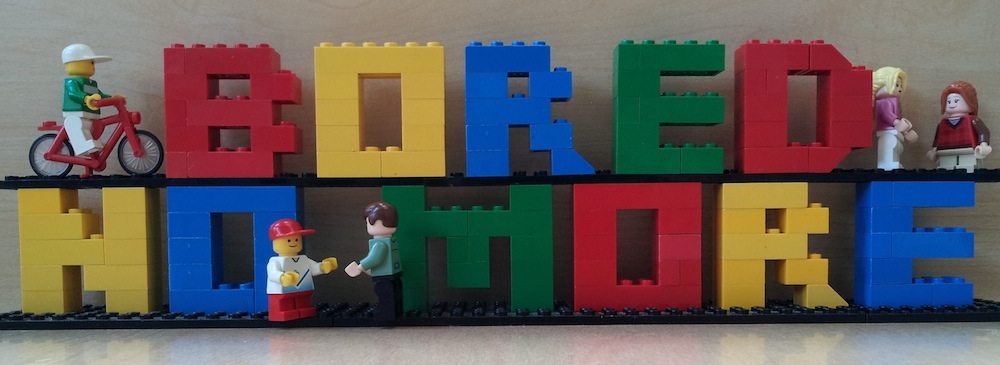photo by Renee Cabatic
__
photo by Chrissy Florence  |
Sometimes the real message behind "I'm bored" is "I'm little and feeling agitated and vaguely unhappy and I don't know what I can do to get over this uncomfortable feeling. What would you do if you were my age, in this house, on a day like this?"
I think that deserves a helpful, respectful response.



We recently took Fisher to a Blue Man Group concert—his first real "grown-up" show. Again, I could see all the connections being made—he watched how the instruments were being played, listened to how the sounds and the rhythms came together, jumped and bopped his head and let it all come together inside of him. His knowledge and awareness of music is growing deep and wide—it's not about "the basics," but about a gestalt, a holistic, systemic approach.
When you ask what component you are missing, this is what I keep coming up with. Are you looking in the wrong places? Are you looking for the basics when in fact, your son's knowledge and understanding is deep and wide and whole? What you see as "basic" are just a few Lego pieces that he'll fill in as he goes—but in looking for those, are you missing the incredibly large, whole creation that he's built up?
